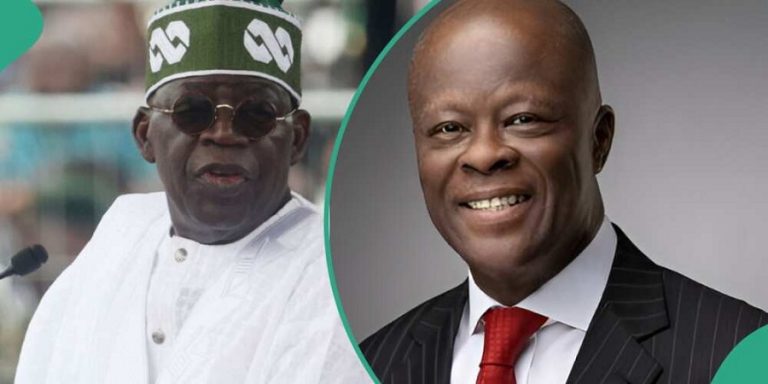
“In the past eight years, only about 5% of the population have bank accounts with more than half a million in them…The majority was left out, while a small minority enjoyed” – Wale Edun, Nigeria’s finance minister, on Nigerian banking.
With that observation, the government wants to take action: “Highlighting the need for corrective measures, Edun emphasized that the government’s reforms aim to rectify economic imbalances that have favored a small group of elites over the majority of citizens in the past eight years. He noted the importance of redirecting government revenue into the national treasury to address these disparities.”
Yet, there is a need for caution here. Yes, we should not blindly focus on increasing the balances in bank accounts, rather, we should look at how we can formalize people’s assets. In other words, a man who inherited 10 hectares of land but no bank account may be more loaded than someone who has N2 million in a bank balance, if that land has velocity and is tradable.
Register for Tekedia Mini-MBA edition 19 (Feb 9 – May 2, 2026): big discounts for early bird.
Tekedia AI in Business Masterclass opens registrations.
Join Tekedia Capital Syndicate and co-invest in great global startups.
Register for Tekedia AI Lab: From Technical Design to Deployment (next edition begins Jan 24 2026).
In other words, how can we redesign Nigeria’s economy to move from money to capital in our policy engineering? The land is dormant, and not in Nigeria’s balance sheet, making it hard to see anything in the “asset balance”, even as the bank account is dry for that man. In other words, Nigeria sees the zero bank balance but has no visibility on the 10 hectares of land, but that does not mean it does not exist.
Nigeria will become a great nation when we shift from money to capital. Yes, NOT unlocking dormant assets will continue to make many “rich” people seem poor in Nigeria. Unfortunately, no state government can do this translation because of many laws in the books, including the Land Use Act which essentially voids capitalisation of undeveloped farmlands at scale, as governments can take possession at will.
Good People, until Nigeria begins to focus on creating systems for capital development over our fixation on money and cash balances, we will continue to struggle. Money is a subset of Capital, and nations which allow Money to rule over them underperform. In Nigeria, we’re pursuing so much money, leaving Capital, and in the process, we are scaling poverty. That poverty is what Mr. Minister saw in the bank accounts but that does not mean those people are indeed poor because today no one sees the unlocked “asset balances” they possibly hold.
Until Nigerian policymakers focus on creating systems for Capital development and evolution over our fixation on Money, we will continue to struggle. Money is a subset of Capital, and companies and nations which allow Money to rule over them underperform. In Nigeria, we’re pursuing so much money, with limited efforts designed to advance Capital, triggering a system where there are many farmlands but no capital market product for farmlands. And without Capital, we scale poverty.
We are money-centric economy & until we build a capital-centric economy we will continue to remain poor. We must shift our focus from formal markets, creatively bring the informal sector into the formal radar by retooling our economy to give full value to our natural resources.
— Oluwatosin ADEBAYO (@Leo7Seven_) February 25, 2024
Only 5% of Nigerians have N500k and above in their bank accounts – finance minister
---
Connect via my
LinkedIn |
Facebook |
X |
TikTok |
Instagram |
YouTube


